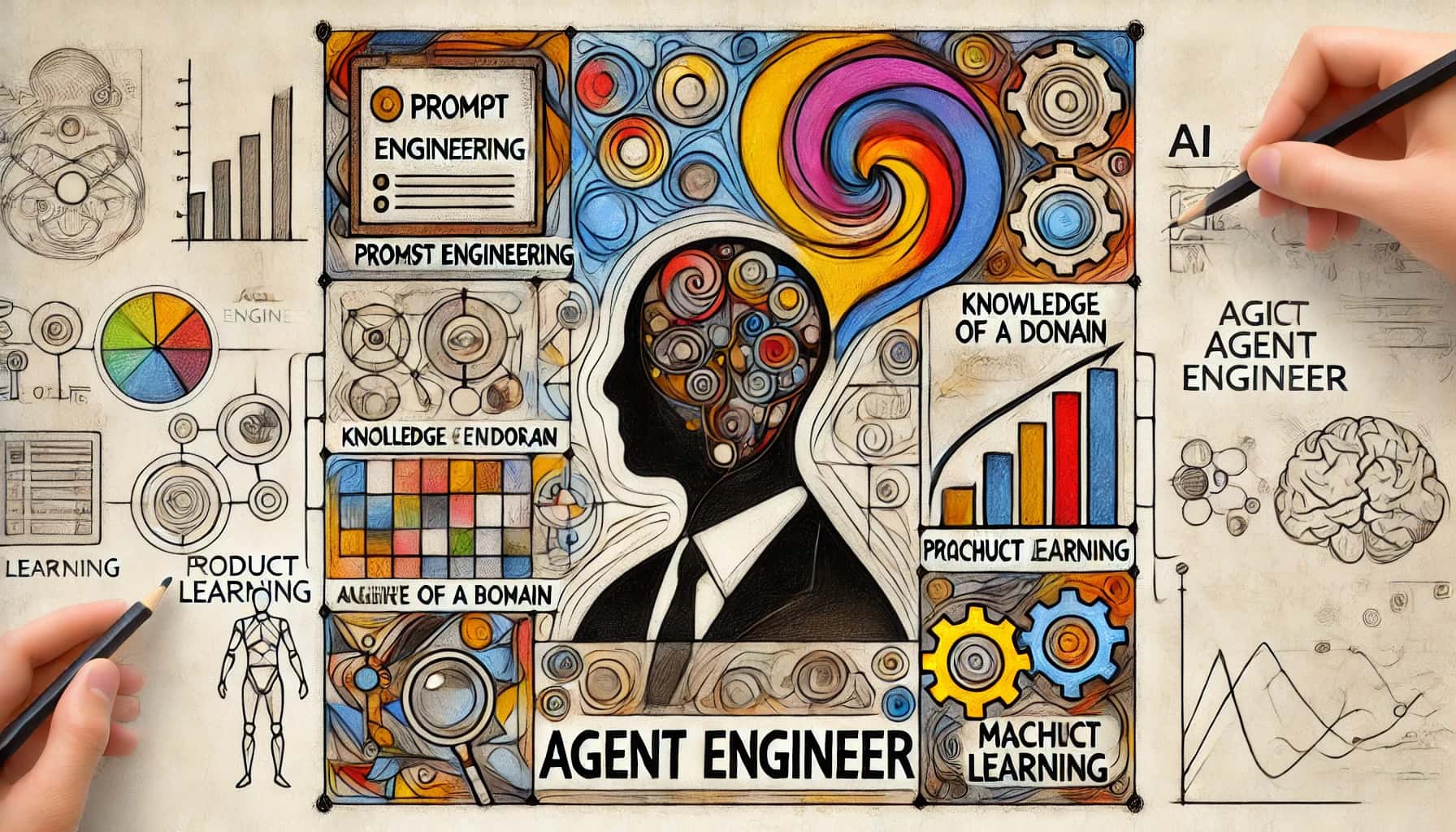The New Sheriff in Town: Rise of the AI Agent Engineer
A new and powerful figure is quietly emerging in the ever-evolving landscape of artificial intelligence: the AI Agent Engineer. This isn’t just another buzzword; it’s a reflection of a fundamental shift in how we build and interact with AI systems. As companies move beyond standalone AI models and towards creating sophisticated, autonomous agents that can perform complex tasks, the need for a specialized engineering role to architect these systems has become paramount. This new role is quickly becoming the digital equivalent of a classic Software Architect, responsible for the high-level design and strategic implementation of intelligent systems.
The Architect of Intelligent Action
Much like a Software Architect lays the blueprint for a complex software system, the AI Agent Engineer designs the architecture of autonomous AI agents. These agents are more than just predictive models; they are systems that can perceive their environment, make decisions, and take actions to achieve specific goals. The AI Agent Engineer is the visionary who pieces together various AI components, data pipelines, and user interfaces to create a cohesive and effective agent. They are tasked with ensuring that the agent is not only intelligent but also reliable, scalable, and aligned with business objectives, drawing a clear parallel to the strategic oversight of a Software Architect.
The Four Pillars of the AI Agent Engineer
To construct these complex intelligent systems, the AI Agent Engineer must possess a unique and formidable blend of expertise across four distinct domains. This multidisciplinary skill set is what sets them apart and makes them so valuable in the current AI gold rush.
1. Prompt Engineering: At the core of modern large language models lies the art and science of crafting the perfect prompt. An AI Agent Engineer must be a master of prompt engineering, able to coax nuanced and precise behaviors from AI models. This involves not just writing a good query but designing complex conversational flows and instructional frameworks that guide the agent’s reasoning and actions.
2. Strong Knowledge of a Domain: An AI Agent is only as effective as its understanding of the world it operates in. Whether it’s in finance, healthcare, or e-commerce, a deep understanding of the specific industry is crucial. This domain expertise allows the AI Agent Engineer to design agents that can comprehend context, understand industry-specific jargon, and make decisions that are not only intelligent but also relevant and impactful.
3. Product Acumen: An AI agent is ultimately a product designed to solve a user’s problem or meet a business need. Therefore, a strong sense of product management is essential. The AI Agent Engineer must be able to define clear use cases, understand user needs, and align the agent’s development with tangible business goals. They are constantly asking not just “Can we build it?” but “Should we build it, and how will it deliver value?”
4. Machine Learning: A solid foundation in machine learning principles is non-negotiable. This includes understanding various models, data pipelines, and evaluation metrics. While they may not be training models from scratch every day, they need to be able to select the right models for the job, fine-tune them as needed, and understand their capabilities and limitations to integrate them effectively into the broader agent architecture.
Building the Future, One Agent at a Time
The emergence of the AI Agent Engineer signals a maturation of the artificial intelligence field. We are moving beyond the era of simply building impressive AI models to an age where the focus is on creating practical, autonomous systems that can be deployed in the real world to perform complex tasks. These engineers are the key to unlocking the true potential of AI, transforming it from a powerful tool into a versatile and intelligent partner.
As businesses continue to explore the vast possibilities of AI-driven automation, the demand for individuals who can navigate the intricate intersection of language, domain knowledge, product sense, and machine learning will only intensify. The AI Agent Engineer is not just a new role in town; they are the architects of our increasingly intelligent future.
